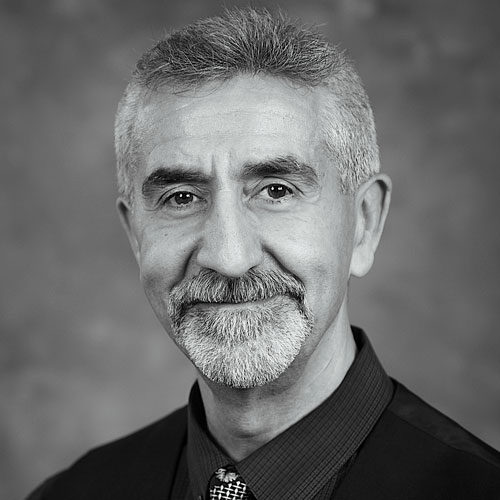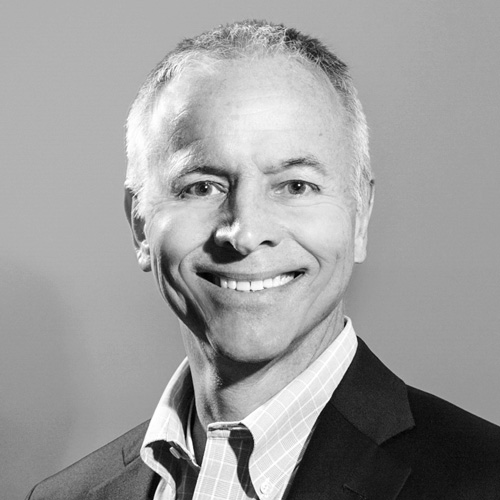It’s hard to believe that the former head of intellectual property (IP) and legal affairs for a pioneering biotechnology start-up such as Axcella would also have enough spare time to author an award-winning food and travel blog. A food blog so prominent, in fact, that it has been featured in SAVEUR, Bon Appétit, TIME, and The Boston Globe, as well as CNN, NPR, and many other notable media outlets.
As someone who spends her days drafting patents and her evenings crafting recipes while also reviewing Michelin-starred restaurants, it’s surprising to learn that Jennifer Che, who currently runs the blog Tiny Urban Kitchen, initially struggled with written English.
“I hated writing in school, and I never wanted to write,” Che recalls. “And law was the one career area I thought I’d never pursue. I told myself I’d maybe get a PhD, go to medical school, or get a PharmD because I loved science and math and aced those with no problems. But I didn’t really like English, I think, because I struggled with it as my second language.”
The daughter of first generation Taiwanese-Americans, Che grew up in northern Ohio, where she would marvel at her mother’s remarkable ability to conjure up quintessential Taiwanese cuisine from everyday American pantry staples. “As immigrants in Toledo, our family had much less access to Asian ingredients or authentic Chinese restaurants, so my mom would buy US ingredients and adapt them to make very authentic recipes,” Che explains. “I grew up with my mom always being entrepreneurial in the way she cooked, and that really influenced me.”
Introducing a New Recipe for Success
While Jennifer Che worked by day at Axcella, her evenings were reserved for her food blog, Tiny Urban Kitchen. However, it was also during her time at Axcella when Che was given the opportunity to spearhead a company-sponsored initiative to create a multicultural, community cookbook featuring recipes from Axcella’s diverse base of employees.
It’s one of the several aspects of Axcella’s culture and mentality that inspired Che on a daily basis at the prominent start-up company.
Eventually, Che’s STEM-centric interests lead her to study chemistry as an undergraduate at MIT. After entering the workforce as a scientist at Millennium
Pharmaceuticals (now Takeda Oncology), Che attended a lecture given by a patent attorney. The attorney invited chemists to consider a career in IP law, which was something Che had never considered.
“At the time, I was very much still trying to figure out what I wanted to do,” Che recalls. “I went to talk to this patent attorney, and it was really cool because he described his position in a way that sounded like I could be exposed to science even more. I would be able to touch multiple projects going on within a company, and I would be able to see a diverse range of programs.”
Transitioning to patent law would also allow her to play a major role in the cutting-edge successes of a company and work intimately with a wide variety of emergent technologies. “I’ve always been a big picture person and a strategy person. I also love the idea of innovation,” she says. “As a scientist, you’re often assigned to one program or one project with a very narrow focus for a long time. You don’t really get to see the big picture of the company’s programs. For me, it was really exciting to be able to know that I could talk to more scientists and learn about more technologies—specifically the ones that actually work because I’d be working to patent them.”
While attending law school, Che also worked a full-time job. But when her program ended, she found herself faced with a newfound amount of spare time and no shortage of energy. “I was in a hyperintense state of living because I was so used to packing my schedule. I would have to study every free moment I had outside of work and class,” Che explains. “When I graduated, l was still in that state. I had tons of energy and now tons of time, yet nowhere to channel it. I started to explore all sorts of hobbies with my spare time like oil painting and Brazilian capoeira. I decided I was going to run a marathon. I joined an a cappella singing group, and I learned how to sew handbags from online tutorials.”
She also gave blogging a try, and it stuck. Che recalls how in college she would call her mom regularly for cooking recipes and instructions. “She would explain her adaptations and modifications, which were interesting—like how to cook something in an American oven that might be steamed in a Chinese kitchen,” Che says. “I think one of my main inspirations for eventually starting the food blog was to recreate my mom’s recipes and write them down so that I’d have a repository for them.”
Che has channeled an equal amount of passion into her legal career, and after working for several medium-sized companies as an attorney and legal consultant, Che joined Axcella—a pioneer biotech start-up company that harnesses amino acids for use in therapeutics and nutritional products. Naturally an extrovert, Che thrived in the company’s positive, encouraging environment and also learned valuable skills that she will now take with her in a move from Boston to Hong Kong with her husband.
“Axcella’s culture is unusual, unique, and more fun than any culture I’ve ever seen,” she says. “Any start-up is going to be fun of course, but I think Axcella is at a different level. It’s partly due to the the fact that it’s an environment where people aren’t afraid to try new things and encourage others.” That atmosphere, according to Che, has also forged lasting relationships that make the company operate more effectively.
As the fast-paced start-up’s only attorney, Che learned to take creative risks while managing and overseeing legal affairs for the company. These included working to secure the company’s new technology with patent applications and strategies, developing rebranding trademark tactics, and tackling the general IP and contracting issues that typically arise in a business’ nascent stages.
“Working at a start-up, in a lot of ways, is trying to do something that’s never been done before. That’s what start-ups do. They’re pioneering a path,” Che says. “And working at a start-up has been really interesting for me because it’s taught me to really push boundaries and take more risks because you have limited resources, time, and money. You only have one shot sometimes, so you have to make your best judgement and be a bit more aggressive or creative in solving problems.”
As for the future, Che says there are many opportunities in Hong Kong. She says she is excited to bring her expertise from both midsized pharma companies and small innovative start-ups to her newest endeavor. Additionally, Hong Kong has some of the best restaurants in the world. “It’s a really great hub for accessing many different places throughout the rest of Asia, and for that reason, it’s a great stepping point for expanding the scope and reach of the blog,” Che says. “I’m definitely going to keep on traveling and blogging the way I always have. I hope to continue building up the relationships I’ve made in the past while using skills I’ve learned over the years to expand my blog to the next level here.”
Photo: Bella Wang
Penny S. Smith, Life Science Law is a team of experienced industry attorneys representing FDA-regulated entities related to product research, development, and commercialization. Our services have been key to helping Axcella Health Inc. research study timelines. Visit us at pslifesciencelaw.com or call 404-421-1445. Congratulations Jennifer for this awesome achievement!


